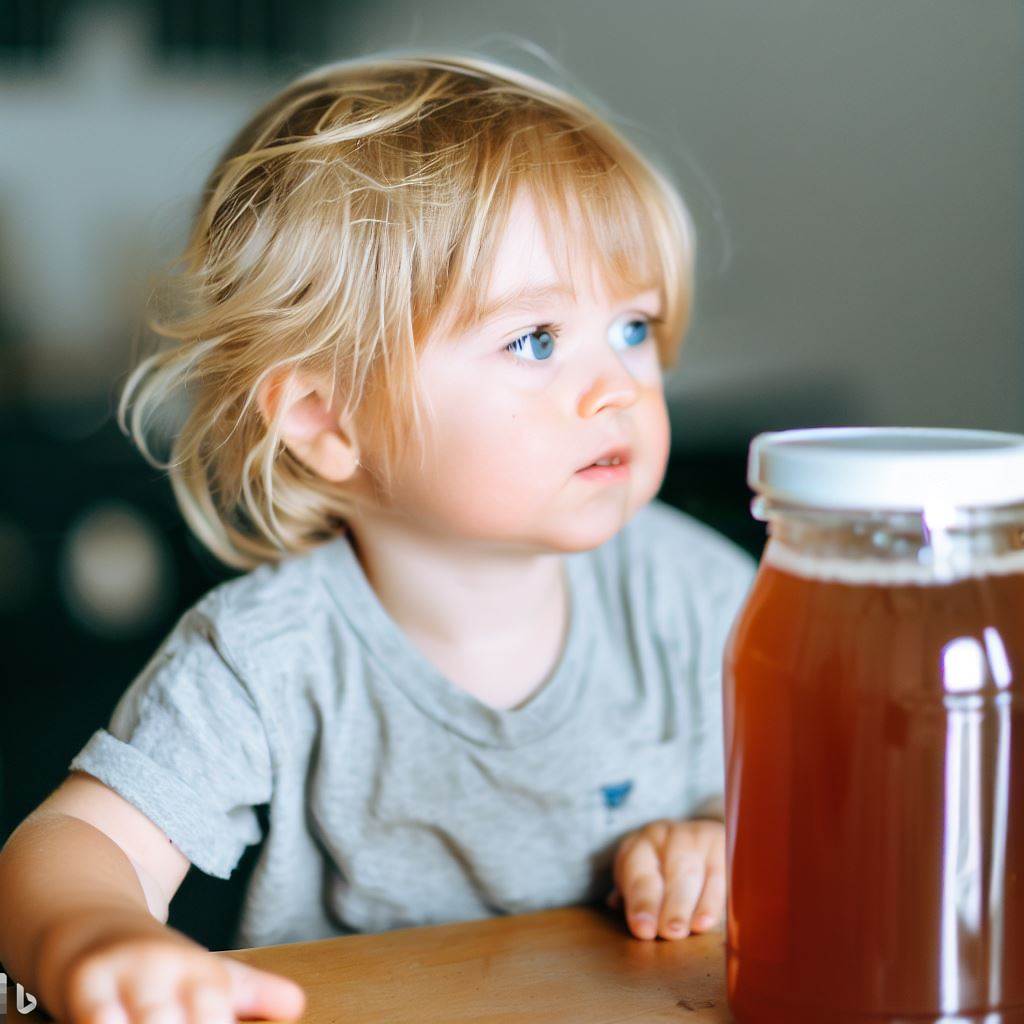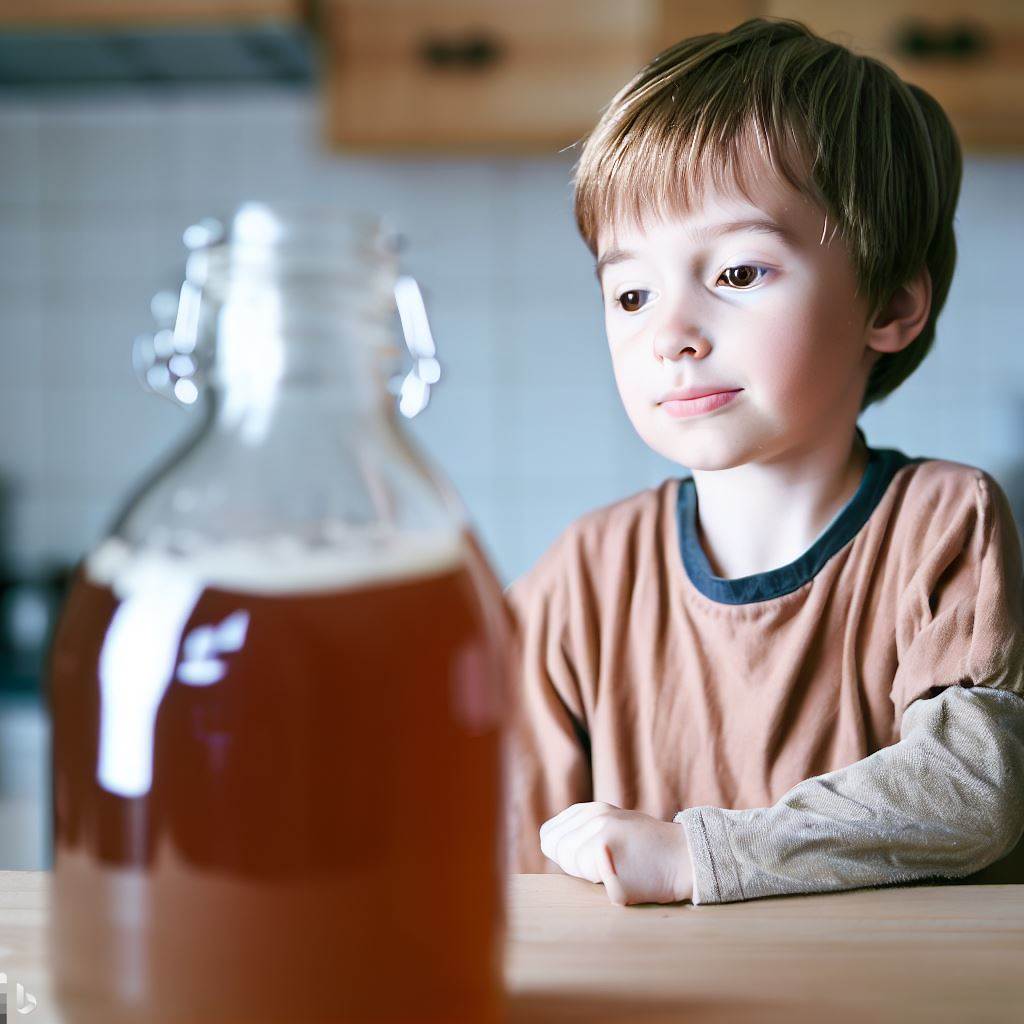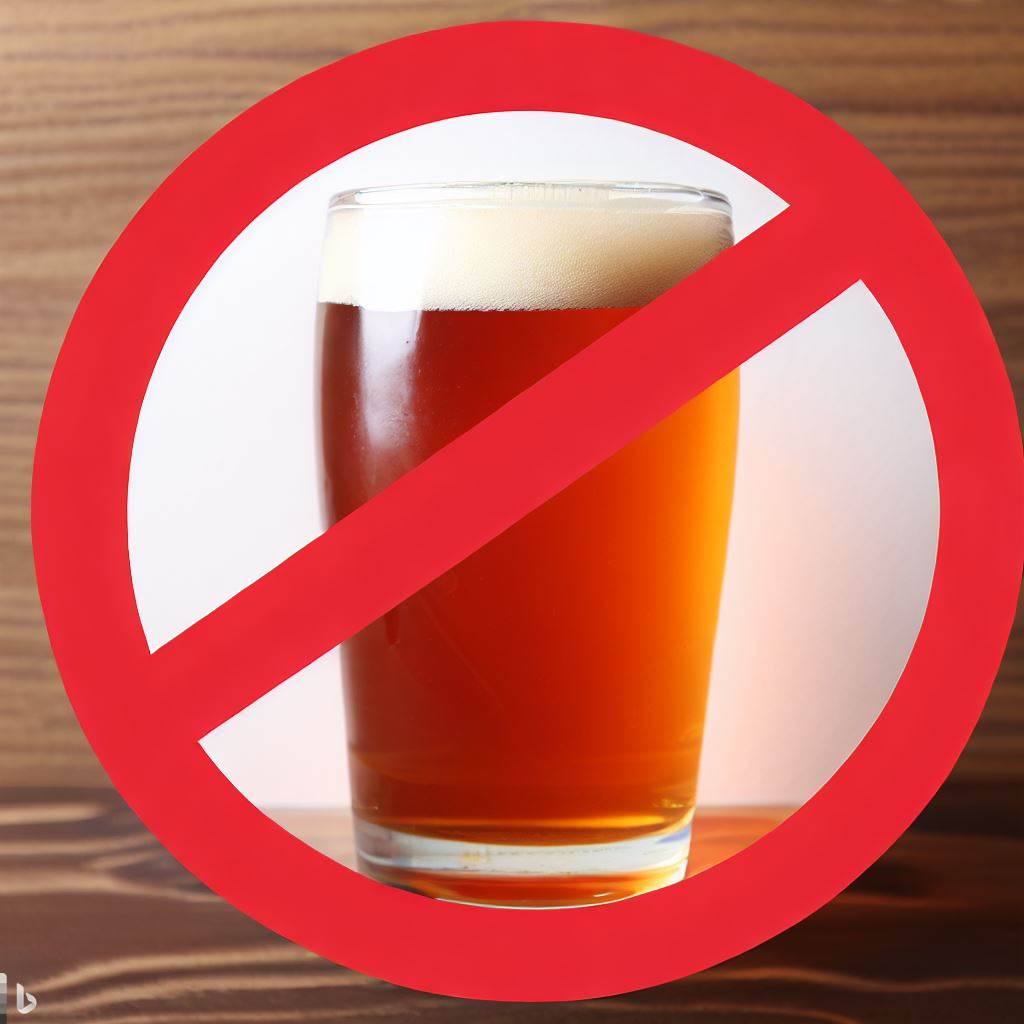The purpose of this blog post is to provide parents with a comprehensive understanding of kombucha, its potential benefits, and the factors they should consider before allowing their kids to consume it. We will explore the composition of kombucha, its health benefits, safety concerns, and alternative beverage options for children. By the end of this blog post, parents will be equipped with the necessary information to make an informed decision regarding whether kids should drink kombucha. Let’s dive into the article “Is Kombucha Safe for Kids?”!
What is Kombucha?

Origin and History of Kombucha
Kombucha has a rich history that dates back thousands of years. It is believed to have originated in East Asia, with the first recorded usage in China during the Qin Dynasty (221-206 BC). Over time, it spread to other parts of the world, including Russia, Europe, and eventually the United States.
Composition of Kombucha
Kombucha is made by fermenting sweetened tea using a SCOBY, which is a symbiotic culture of bacteria and yeast. During fermentation, the SCOBY metabolizes the sugar and produces various beneficial compounds, including organic acids, vitamins, enzymes, and probiotics. The final product is a fizzy, slightly acidic beverage with a distinct flavor profile.
Health Benefits of Kombucha

Probiotic Properties
One of the main reasons kombucha has gained popularity is its probiotic properties. Probiotics are live microorganisms that can confer health benefits when consumed in adequate amounts. Kombucha contains beneficial bacteria and yeast, such as Lactobacillus and Saccharomyces, which can help maintain a healthy gut microbiota.
Detoxification Potential
Kombucha is often promoted as a detoxifying beverage due to its antioxidant properties. Antioxidants help neutralize harmful free radicals in the body, reducing oxidative stress and potentially improving overall health. However, it’s important to note that the detoxification benefits of kombucha are not scientifically proven.
Improved Digestion
The organic acids produced during the fermentation process, such as acetic acid and gluconic acid, may contribute to improved digestion. These acids can help promote the growth of beneficial gut bacteria, enhance nutrient absorption, and support overall gut health.
Enhanced Immunity
Some studies suggest that the probiotics and antioxidants present in kombucha may have immune-boosting properties. By maintaining a healthy balance of gut bacteria and reducing inflammation, kombucha could potentially support the immune system. However, more research is needed to establish a direct link between kombucha consumption and immune health.
Caffeine and Alcohol Content
One concern regarding kombucha is its caffeine and alcohol content. Although the fermentation process reduces the initial caffeine content of the tea used to make kombucha, small amounts may still be present. Similarly, trace amounts of alcohol are produced during fermentation, typically ranging from 0.5% to 2%. For adults, these levels are generally considered safe. However, for children, especially young ones, these levels is a cause for concern.
Sugar Content
Another consideration is the sugar content of kombucha. The fermentation process consumes a significant portion of the sugar used, resulting in a lower sugar content compared to the initial sweetened tea. However, some residual sugar may remain. Parents should be mindful of the overall sugar intake of their children and consider the impact of kombucha on their daily sugar consumption.
Acidic Nature of Kombucha
Kombucha is an acidic beverage, primarily due to the organic acids formed during fermentation. While the acidity adds to its tangy flavor, it may have negative implications for dental health. Acidic beverages can erode tooth enamel over time, leading to dental issues such as tooth decay. Therefore, parents should consider the potential impact of kombucha on their child’s oral health.
Potential Allergens
Kombucha is typically made from black or green tea, which contains caffeine. Additionally, kombucha may be flavored with various fruits or herbs, which could introduce potential allergens. Parents should be cautious if their child has a known allergy to tea, caffeine, or any specific ingredients used in the preparation of kombucha.
Impact on Gut Health
While kombucha has probiotic properties that can be beneficial for gut health, it’s important to consider individual factors. Every child’s gut microbiota is unique, and introducing new foods or beverages can potentially disrupt the balance. Parents should monitor their child’s response to kombucha and consider consulting a healthcare professional if there are any concerns.
The Ultimate Guide: Is Kombucha Safe for Kids?

Negative Reactions in Some Individuals
While kombucha is generally well-tolerated, some individuals may experience negative reactions. These can include digestive issues, allergic reactions, or even rare cases of infection. If a child shows any adverse symptoms after consuming kombucha, it is recommended to discontinue its consumption and seek medical advice if necessary.
Risk of Contamination
During the fermentation process, kombucha can be susceptible to contamination by harmful bacteria or molds. Proper brewing techniques, hygiene practices, and using high-quality ingredients are essential to minimize the risk of contamination. Commercially produced kombucha undergoes rigorous quality control measures to ensure safety, making it a safer choice compared to homemade varieties.
Possible Interactions with Medications
Certain medications, such as antibiotics or antifungal drugs, may interact with kombucha. The live bacteria and yeast in kombucha could potentially interfere with the effectiveness of these medications. Parents should consult their child’s healthcare provider if their child is on any medications to ensure there are no contraindications.
Factors to Consider on Is Kombucha Safe for Kids?

Age of the Child
The age of the child plays a crucial role in determining whether kombucha is suitable. Young children, especially infants and toddlers, have developing digestive systems and may be more sensitive to the caffeine, alcohol, and acidity in kombucha. It is generally recommended to avoid giving kombucha to children under the age of 4.
Parental Consent and Supervision
If parents decide to introduce kombucha to their child’s diet, it is important to provide consent and supervision. Parents should monitor their child’s reaction to kombucha and make adjustments accordingly. It’s also essential to educate children about moderation and healthy beverage choices.
Personal Health Conditions
Children with specific health conditions may need to avoid kombucha. For example, those with compromised immune systems, chronic illnesses, or certain digestive disorders may be more susceptible to adverse effects. Parents should consult their child’s healthcare provider for personalized advice based on their child’s health condition.
Moderation and Balanced Diet
Even if kombucha is deemed safe for a child, it should be consumed in moderation as part of a balanced diet. It should not replace essential nutrients derived from a varied diet consisting of fruits, vegetables, whole grains, and other healthy food choices.
Alternatives to Kombucha for Kids
While kombucha offers potential health benefits, there are alternative beverages that can provide similar advantages without the concerns associated with kombucha. Here are a few options:
Fruit Infused Water
Fruit-infused water such as Hint, is a refreshing and hydrating alternative to kombucha. It involves infusing water with slices of fruits, such as citrus fruits, berries, or cucumbers. This creates a naturally flavored beverage without any added sugars or potential allergens.
Herbal Tea
Herbal teas, such as chamomile or peppermint, are caffeine-free and can be a soothing choice for children. These teas often have their own set of health benefits, including relaxation, digestion support, or relief from common cold symptoms.
Milk-based Beverages
For children who tolerate dairy, milk-based beverages can provide essential nutrients like calcium and protein. Options include plain or flavored milk, yogurt drinks, or smoothies made with milk and fruits.
Final Remarks
Finally, the question of whether kids should drink kombucha depends on various factors. While kombucha offers potential health benefits, parents should consider the caffeine and alcohol content, sugar levels, acidity, potential allergens, and impact on gut health. It is generally advisable to avoid giving kombucha to children under the age of 4 and to exercise moderation and parental supervision. If parents have concerns or if their child has specific health conditions, consulting a healthcare professional is recommended. There are alternative beverages that can provide similar benefits without the potential risks associated with kombucha. Ultimately, the decision should be based on individual circumstances, parental judgment, and the overall health and well-being of the child.
FAQ – Is Kombucha Safe for Kids?

- Is kombucha a suitable beverage for toddlers? It is generally recommended to avoid giving kombucha to toddlers. Their developing digestive systems may be more sensitive to the caffeine, alcohol, and acidity in kombucha. It is advisable to consult with a healthcare professional before introducing kombucha to young children.
- Can kids consume flavored kombucha? Flavored kombucha may contain additional ingredients, such as fruits or herbs, which could introduce potential allergens. Parents should be cautious if their child has known allergies and carefully read the ingredient labels before allowing their kids to consume flavored kombucha.
- Are there any age restrictions for kids to drink kombucha? While there are no strict age restrictions, it is generally recommended to avoid giving kombucha to children under the age of 4. Young children have developing digestive systems and may be more sensitive to the caffeine, alcohol, and acidity in kombucha.
- How can parents ensure the safety of kombucha for their children? Parents can ensure the safety of kombucha by purchasing commercially produced varieties that undergo rigorous quality control measures. They should also consider the age of their child, monitor their child’s reaction to kombucha, and consult with a healthcare professional if there are any concerns.
- Can kombucha replace other healthy beverages in a child’s diet? Kombucha should not replace other healthy beverages in a child’s diet. It should be consumed in moderation as part of a balanced diet that includes a variety of fruits, vegetables, whole grains, and other nutritious options.
Thanks for reading our Greek Mountain Kombucha blog post on “Is Kombucha Safe for Kids?”. Please read on to other articles that may pique your interest.






